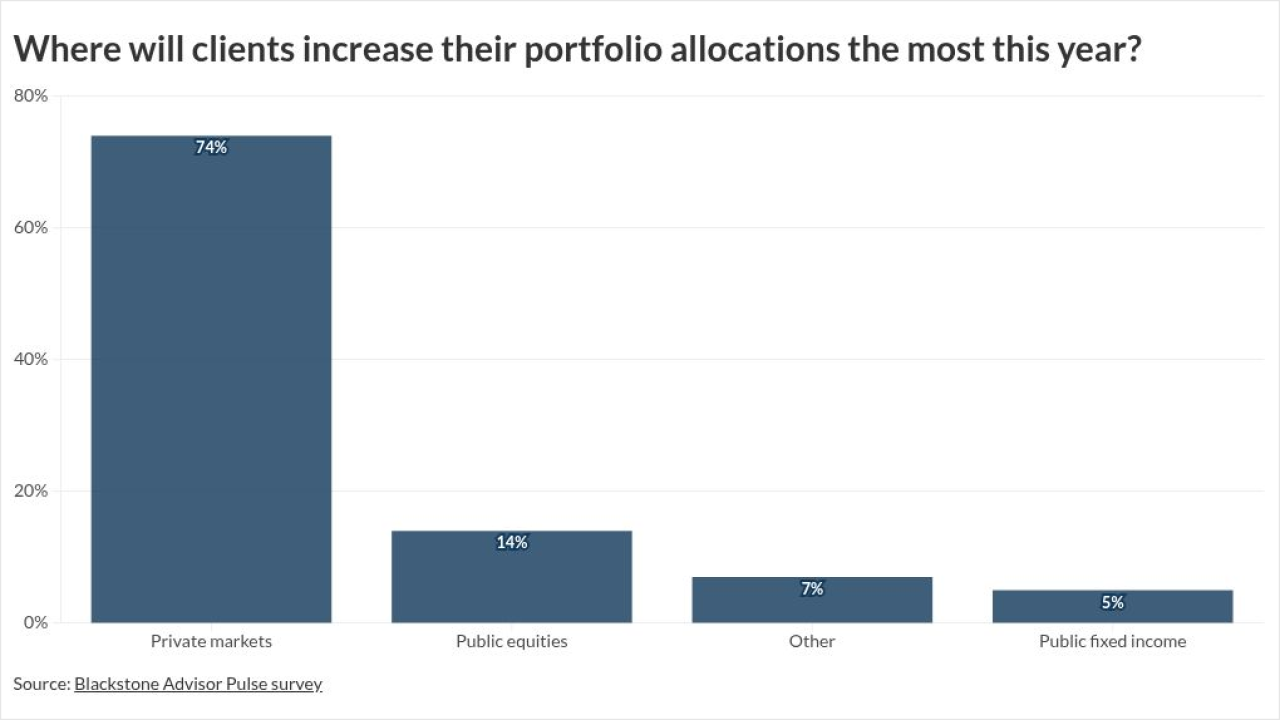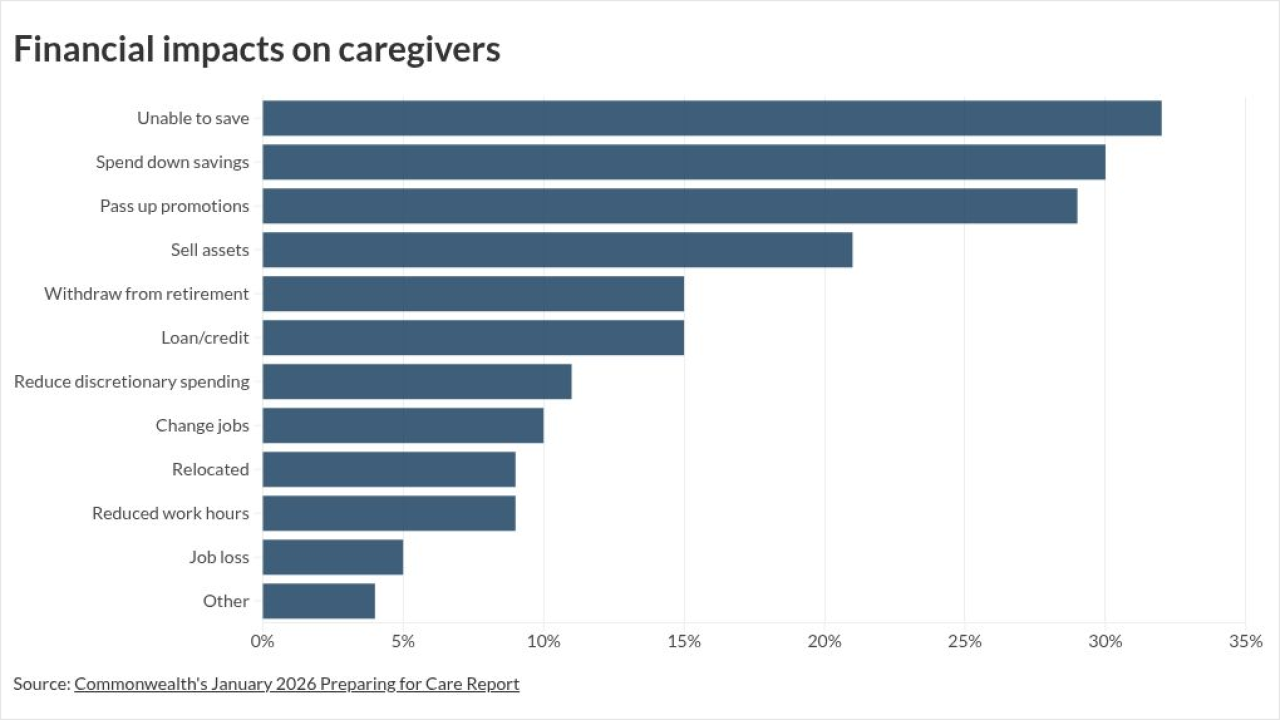The passively managed SPDR Nuveen Barclays Capital Build America Bond ETF is at least the 29th municipal bond ETF, and the second BAB ETF.
A passively managed ETF seeks to replicate the performance of an index, in this case the Barclays Capital Build America Bond Index.
The idea is to offer investors exposure to an asset class, as opposed to an actively managed ETF, which seeks to beat a benchmark index.
Passively managed ETFs strive to mimic their target indexes through a process known as representative sampling, which entails breaking the index down by risk characteristics and then building a portfolio with similar risks in aggregate.
The index, which is a subset of a broader taxable bond index, tracks all investment-grade BABs of $250 million or more, plus some other criteria. It tracks 85 bond issues, with those sold by California, New Jersey Turnpike Authority, and Los Angeles Unified School District the biggest holdings.
Many BAB funds and indexes are heavily exposed to California, which has been the biggest issuer of the bonds. About 22% of the roughly $100 billion in BABs that have been issued since inception have been floated by issuers in the Golden State, according to Thomson Reuters.
The $10 million SPDR fund owns 31 bonds, with California, the LAUSD, and the Illinois State Toll Highway Authority as the biggest holdings.
Daniel J. Close and Timothy T. Ryan are the portfolio managers. The fund will pay monthly dividends. It will charge fees of 0.35% of assets annually.
SSGA and Nuveen now run six municipal bond ETFs. The two companies cut a deal in March for Nuveen to sub-advise SSGA’s municipal ETFs.
“Build America Bonds continue to attract investors seeking to diversify their fixed-income portfolios,” said Bill Huffman, chief operating officer and co-head of Nuveen Asset Management.
Enacted under the stimulus legislation last year, the Build America Bond program enables state and local governments to forego the customary tax exemption on their debt and instead sell taxable bonds and receive a federal subsidy equal to 35% of the interest costs.
SSGA and Nuveen argue taxable municipal bonds “offer an attractive risk-reward potential when compared with equivalently rated corporate debt.” The yield on the fund’s target index is around 6%, with an average maturity of 24 years.
The SPDR fund took the ticker symbol “BABS.” It is the latest entrant into a growing market for vehicles that offer investors exposure to BABs. At the end of March, there were 28 municipal ETFs with $6.67 billion in assets, according to the
Nuveen launched a BAB closed-end fund last month. The company is also sub-advisor to a $30 million BABs fund launched by a Canadian firm,
Eaton Vance manages an $11.2 million BAB mutual fund. At least three companies have launched unit investment trusts devoted to BABs, with
BABs have delivered returns of nearly 10% since they first hit the market a little more than a year ago, according to a Wells Fargo index tracking the sector.
“When you look at the profile of a Build America Bond, it really gives you a return stream of a corporate bond from a yield and return standpoint, yet gives you the risk profile of a municipal investment,” said Anthony Rochte, senior managing director at SSGA.
The historical default rate through 2007 on municipal bonds rated investment-grade — the only bonds eligible for the fund’s target index — is 0.2%, based on





